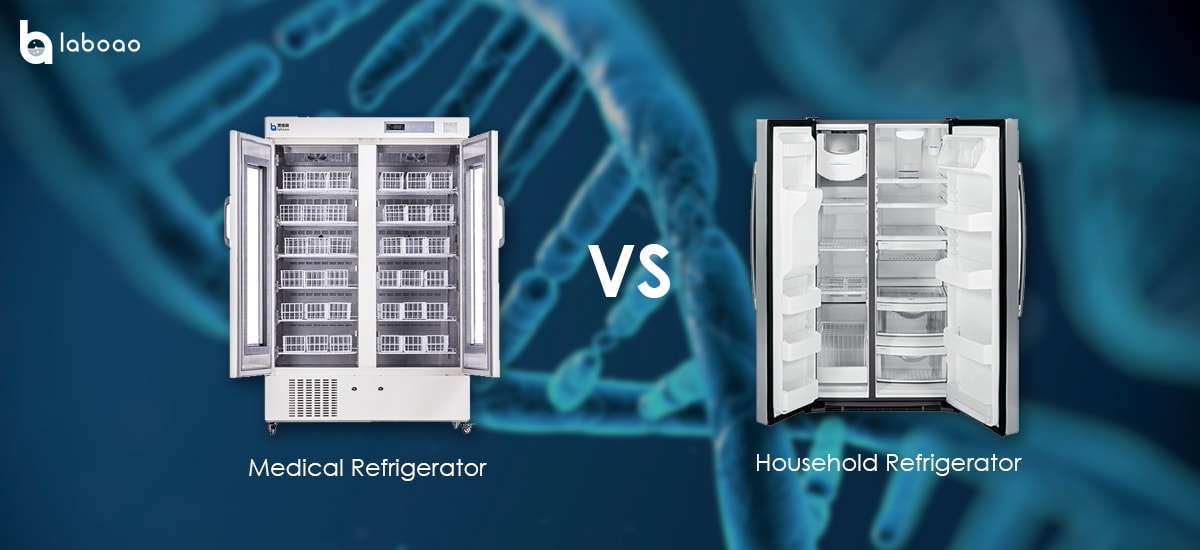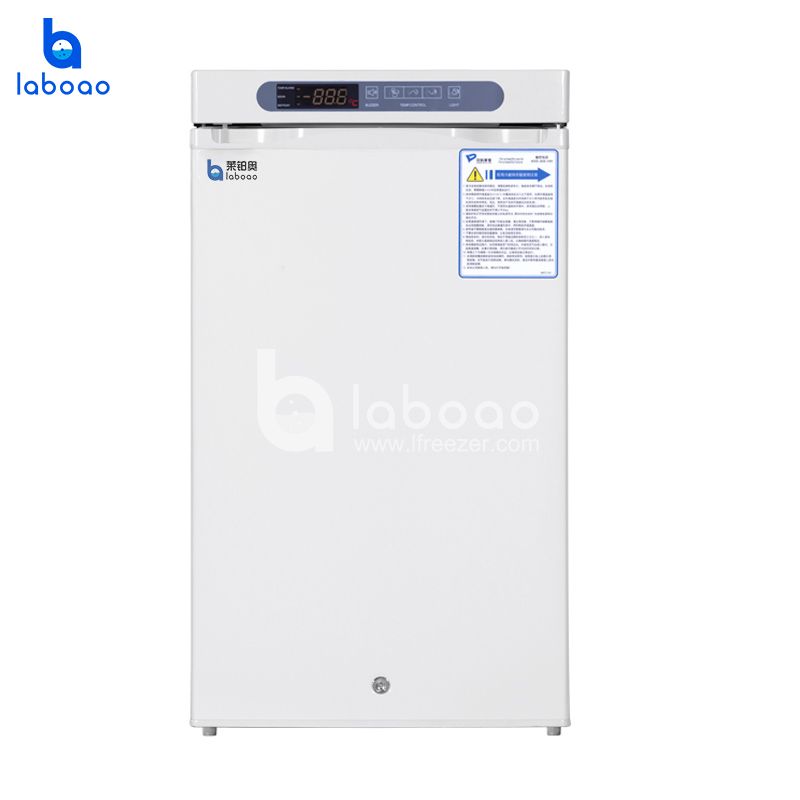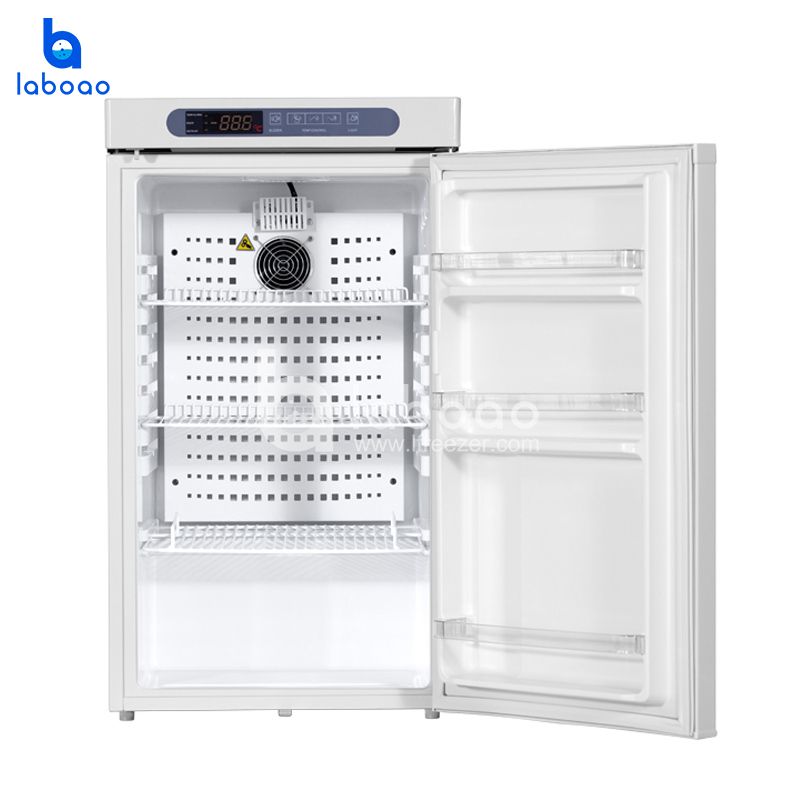
Household refrigerators generally have only one temperature sensor, and the temperature of the refrigerator varies greatly when the compressor starts and when it stops. It uses a low pressure compressor, which evaporates instantaneously in refrigeration, and the temperature drops a lot, which is likely to cause freezing and overcooling of items in the refrigerator. In order to save energy and cost, direct cooling and auxiliary air cooling are often used, and high-end household refrigerators will use air cooling.
Medical refrigerators are divided into medical drug refrigerators, medical blood refrigerators, and medical refrigerators. According to the purpose of medical refrigerators, their design standards will also be different. For example, the temperature in the blood refrigerator is required to be 2℃~6℃ , And the medicine refrigerator is 2℃~8℃, and the medical refrigerator has requirements for the temperature fluctuation and uniformity in the refrigerator.
Medical refrigerators generally have more than two temperature sensors. Multiple digital integrated sensors are jointly involved in displaying and controlling the temperature of the refrigerator. In addition to the electric heating compensation system, the temperature control system can quickly adjust even if the door is opened frequently. The medical refrigerator uses a medium double pressure compressor. The low-temperature system is also equipped with a gas heat exchanger, which can exchange heat between the low-pressure gas from the evaporator and the high-pressure gas before entering the condensing evaporator, which can reduce condensation and evaporation The heat load of the device, and make full use of the heat. All medical refrigerators are air-cooled, and the air-cooled refrigerator box has a dedicated air duct to isolate the cold source, which can ensure the uniformity and constant temperature, and at the same time ensure that biological products such as medicines and vaccines are not damaged by freezing. The refrigeration system of the ultra-low temperature refrigerator basically adopts the working principle of cascade or refrigeration. The automatic frosting, the heating system heats up the evaporator for a short time, and resumes cooling immediately after defrosting, and the temperature fluctuation in the refrigerator is small. The medical refrigerator has an alarm function, including temperature alarm and fault alarm. In summary, there are four main differences:
1. Product appearance
The household refrigerator is beautiful in shape and colorful, which is in line with the home style. The colors of medical refrigerators are mostly suitable for the color matching of hospitals and other medical systems, and plain colors are the main ones. At the same time, the appearance is quite satisfactory, similar to the equipment.
2. Use function
Most household refrigerators do not need precise temperature control, so the temperature fluctuates greatly. And because the stored items are usually not expensive, they do not have functions such as power failure alarm, printing temperature, and remote monitoring. Since medical refrigerators store mostly valuables such as medical drugs, vaccines, blood, human tissues, etc., products must be guaranteed in terms of ensuring temperature uniformity and fluctuation, as well as various temperature monitoring methods and alarm measures.
3. Production System
Household refrigerators generally pass Iso9001 quality management system certification, and electrical safety meets the requirements of national 3c certification; medical refrigerators must pass 13485 quality management system certification to ensure compliance with national laws and regulations, and need to pass the production license audited by the State Food and Drug Administration certificate. At the same time, electrical safety needs to meet the requirements of GB 4793.1 (or GB9706.1), and the product needs to obtain a registration certificate issued by the State Food and Drug Administration.
4. Customer groups
Due to different customers and markets, household refrigerators are basically oriented to households or commercial fields with less stringent requirements, while medical refrigerators are mostly oriented to professional institutions such as blood stations, hospitals, epidemic prevention stations, and research institutes.

